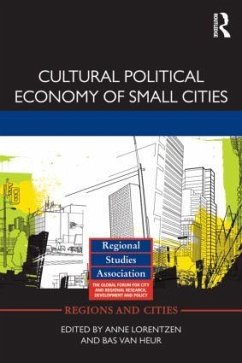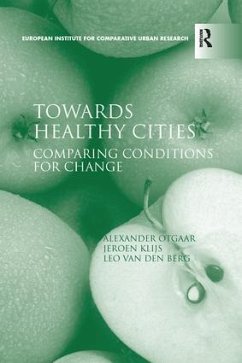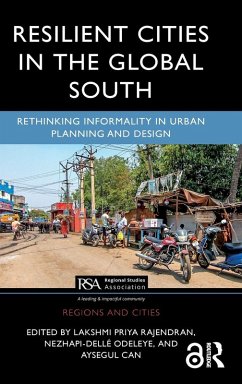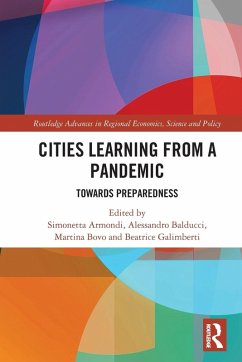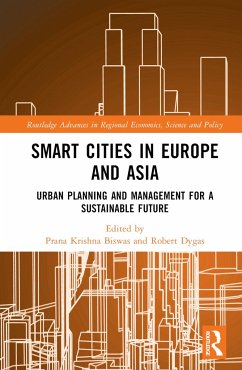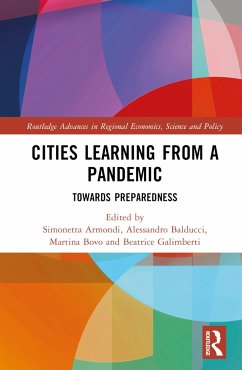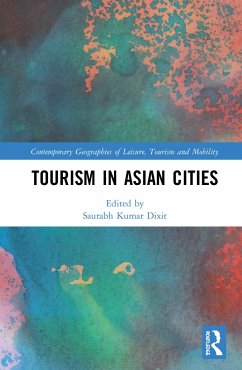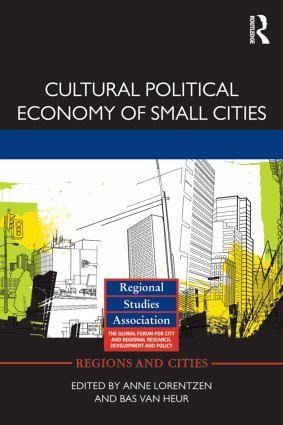
Cultural Political Economy of Small Cities
Versandkostenfrei!
Versandfertig in 1-2 Wochen
194,99 €
inkl. MwSt.

PAYBACK Punkte
97 °P sammeln!
The volume highlights ongoing changes in the political economy of small cities in relation to the field of culture and leisure. Culture and leisure are focal points both to local entrepreneurship and to planning by city governments, which means that these developments are subject to market dynamics as well as to political discourse and action. Public-private partnerships as well as conflicts of interests characterise the field, and a major issue related to the strategic development of culture and leisure is the balance between market and welfare. This field is gaining importance in most cities...
The volume highlights ongoing changes in the political economy of small cities in relation to the field of culture and leisure. Culture and leisure are focal points both to local entrepreneurship and to planning by city governments, which means that these developments are subject to market dynamics as well as to political discourse and action. Public-private partnerships as well as conflicts of interests characterise the field, and a major issue related to the strategic development of culture and leisure is the balance between market and welfare. This field is gaining importance in most cities today in planning, production and consumption, but to the extent that these changes have drawn academic attention it has focused on large, metropolitan areas and on creative clusters and flagship high culture projects. Smaller cities and their often substantively different cultural strategies have been largely ignored, thus leading to a huge gap in our knowledge on contemporary urban change. By bringing together a number of case studies as well as theoretical reflections on the cultural political economy of small cities, this volume contributes to an emerging small cities research agenda and to the development of policy-relevant expertise that is sensitive to place-specific cultural dynamics. In taking this approach, the volume hopes to contribute to emerging research on culture and leisure economies by developing a differentiated spatial dimension to it, without which sustainable urban strategies cannot be developed. This book integrates perspectives of economic development with questions of governance and equity in relation to the fields of culture and leisure planning and development. This book should be of interest to students and researchers of Urban Studies and Planning, Regional Studies and Economics, as well as Sociology and Geography.



